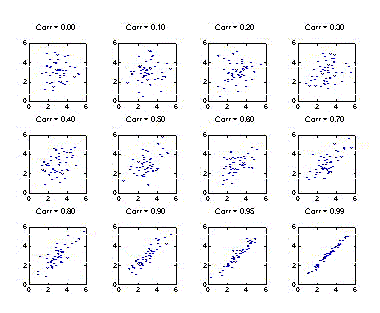
The simplest way to predict your rating for a movie is simply to average everyone else’s rating of the movie. (ie: They can just give you the 10 movies with the highest average rating) Of course, it can get much more complex that than, especially when NFLX was giving away a million dollars to anyone who could improve their rating algorithm! The real meta of this problem is to determine other people who are most like you, and then use their collective ratings on movies you haven’t seen yet.

Neighborhood-based model (k-NN): The general idea is “other people who rated X similarly to you… also liked Y”. To predict if John will like “Toxic Avenger”, first you take each of John’s existing movie ratings, and for each one (eg: “Rocky”), find the people who rated both “Rocky” & “Toxic Avenger”. You then compare the ratings given to both movies by these people, and calculate how correlated these 2 movies are. If it’s a strong correlation between their ratings, then “Rocky” is a strong neighbor in predicting John’s rating for “Toxic Avenger”. You’ll weigh in the average rating given (by “Rocky raters”) to “Toxic Avenger” highly. You do this for all the movies that John has already rated, and find each one’s strongest neighbor(s), and calculated a predicted “Rocky” rating from each movie John has already rated. You then calculate a weighted average of all these predictions to come up with your ultimate prediction for John’s rating of “Rocky”. Lastly, if you do this for every movie in the entire database, you can determine a “Top 10 suggestions” list for John.
Here is some general reading on the contest:
The BellKor solution to the Netflix Prize
This Psychologist Might Outsmart the Math Brains Competing for the Netflix Prize
The Netflix Prize: 300 Days Later
The Greater Collaborative Filtering Groupthink: KNN